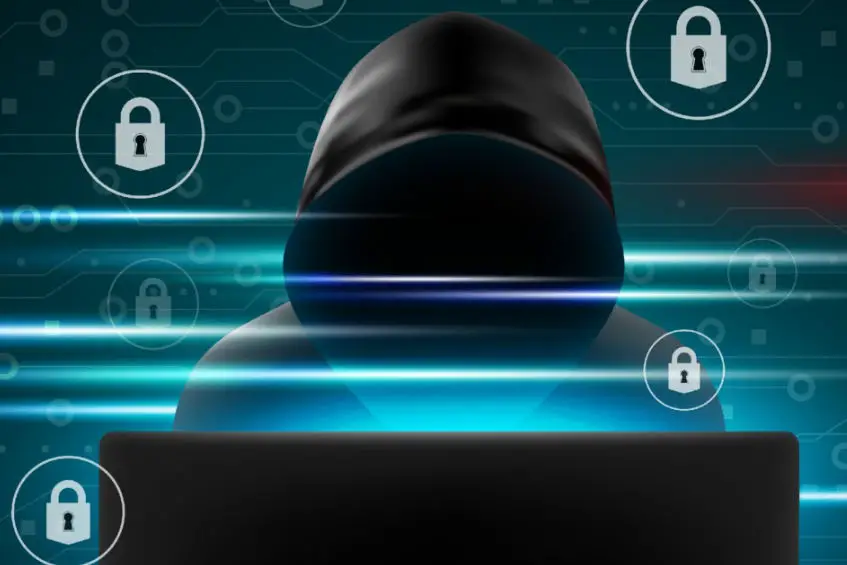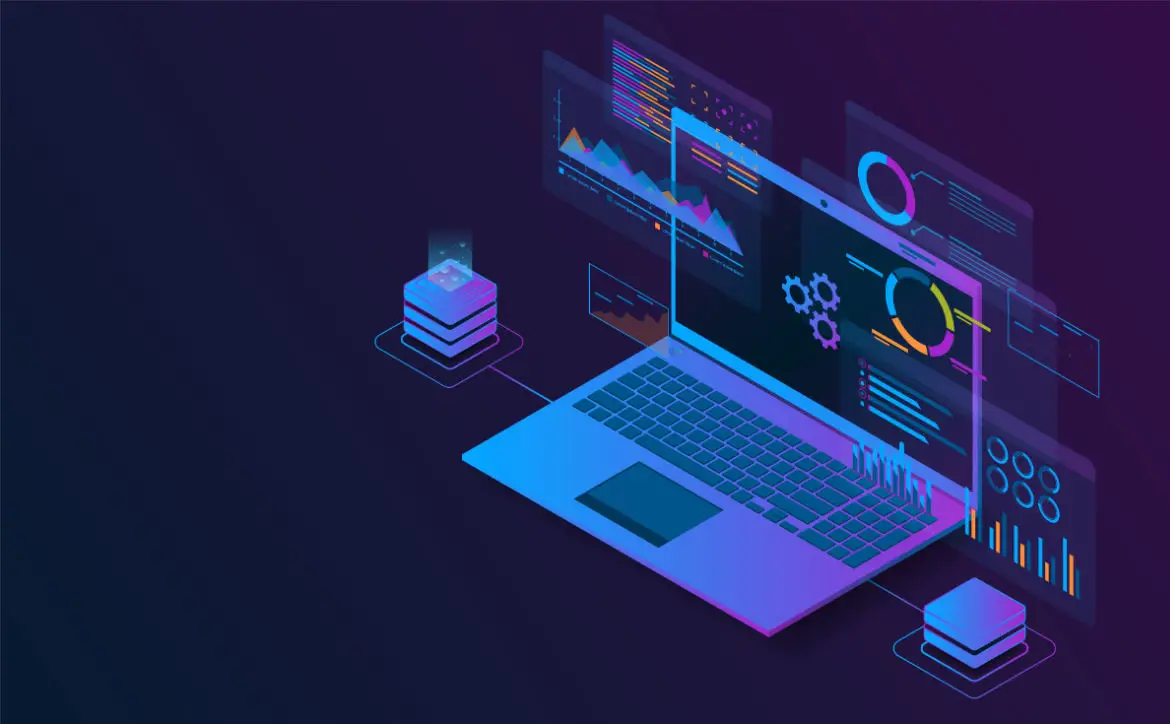With new technologies always come new risks. While smartphones and the Internet of Things (IoT) have been around for years, the rising adoption of these devices within government agencies raises new questions about privacy and cybersecurity threats. Cloud-based technology — even with all its positive potential — brings a need for new ways to protect citizens, sensitive data, and taxpayer money from disastrous security breaches.
Estimated reading time: 5 minutes
As our world grows more connected than ever, government agencies will have no choice but to adapt and proactively mitigate the risks of mobile devices, cloud storage, and IoT systems. We’ll examine some of the biggest cybersecurity concerns associated with the government use of internet-based technology, as well as how agencies can overcome these obstacles.
Cybercrime on the Rise
With people all around the world using the internet in practically every aspect of life, it’s no surprise that criminals have found new opportunities to disrupt and steal. Cybercrime is rising, and while the public sector has been relatively slow to adopt modern tech, government agencies still lost 79% more funds to data breaches in 2021 than in 2020. Millions of dollars are often lost to a single breach.
The increased use of IoT devices, including cloud-enabled surveillance systems and everyday smart speakers, is a contributor to rising public sector cybercrime. They give criminals new (and sometimes easier) avenues for entry through tactics like ransomware and Distributed Denial of Service attacks. Since the government holds incredibly valuable data — perhaps more so than large corporations — attempts to hack into IoT devices may rapidly rise.
Educating employees about digital safety is key to preventing attacks and stopping them as soon as they occur. For instance, all government workers should understand what a suspicious email or link looks like. To enhance cybersecurity, government agencies must also establish a clear process for employees to report potential threats.
Remote Work Creates Mobile Threats
Telework has never been as prominent in the public sector as it was during the first year of the COVID-19 pandemic. The pandemic led to an immediate rise in bring your own device (BYOD) policies and a two-week transition to online processes that left little room for thorough cybersecurity measures. As remote work created a surge in cybercrime, this left many government agencies more exposed than they’d been in the past.
As telework becomes a more permanent part of the public sector, government agencies need to implement stricter policies surrounding mobile device and computer usage. Employee devices should be approved and strictly monitored for changes in usage patterns — and agencies should always have the ability to cut off devices when they present a risk. Government workers should also be tasked with following strong password policies and secure WiFi guidelines.
Fair Elections Are a Growing Concern
In the face of prominent claims of voter fraud during the 2020 election, many eyes are on the government to enhance security in the voting process. However, election processes in many countries are changing, with modern technology usage bringing more concerns about ballot creation, glitches, and more issues.
As electronic voting systems are implemented more widely, governments must actively mitigate their risks to ensure citizens can vote without concern. This is especially important in the face of state-sponsored election interference and attacks.
Frequently updating any technology used in elections is essential for preventing attacks. Hardware and software should be equally up-to-date to prevent voter fraud and data theft. Election data and infrastructure should be well-secured before, during, and after elections.
Government agencies should always be aware that system errors can occur — even if digital technologies make them rare. To ensure voting remains fair and accurate, frequent audits must be performed. While they may be old-school, paper ballots should be available for backup to protect everyone’s right to a fair vote.

How Legislation Interferes With Data Protection
While government employees may be doing everything in their power to enhance cybersecurity, legislation may inherently lead to some cybersecurity risks. For example, antitrust bills may prevent the integration of automated security tools on Google, which is a widely used tool for public and private sector workers alike.
This begs the question of how new legislation will impact online data collection and cloud storage in the future. While compliance laws have strict policies for physical data destruction, which urges agencies to opt for reliable methods like hard drive shredding, it’s hard to say if cloud-based data destruction can be well-regulated at all. As attempts to regulate algorithms have shown, legislation for modern technology isn’t easy to pass.
Using internet-enabled devices can make it difficult to make data truly disappear without a trace, especially for experienced hackers. This is especially the case if corporations and lobbyists fight against security-centered legislation due to its broader implications and impact.
Ethical Technology Adoption Must Occur
Ethical technology adoption can be a solution to the inherent risks of using the cloud in government work. Rather than collecting data aimlessly, government agencies — like ethical businesses — can protect citizens’ sensitive information by only collecting and maintaining what’s necessary.
Similarly, leaders in the public sector should think twice before replacing manual processes with IoT, AI, and other technologies. Balancing efficiency with approaches that have proven to be secure for decades is crucial for the health of every agency.
Evolving Technology Requires Government Security Improvements
Our international governments hold the keys to some of the most sensitive information in the world. As the public sector increases its use of internet-based devices, many citizens and professionals may worry about the implications of the transition. In a world where cyberattacks on the public sector are already increasing, data may become more discoverable, while remote work may offer more entry points for bad actors.
Elections may be targeted by criminals and states alike as digital tools are increasingly used. The safety of citizens and the government’s data is dependent on the actions of our government. Leaders in the public sector must put preventative measures (like strict BYOD policies and frequent election auditing) in place for the longevity of their countries and the wellness of their citizens.
What do you think? Please share your thoughts on any of the social media pages listed below. You can also comment on our MeWe page by joining the MeWe social network.










